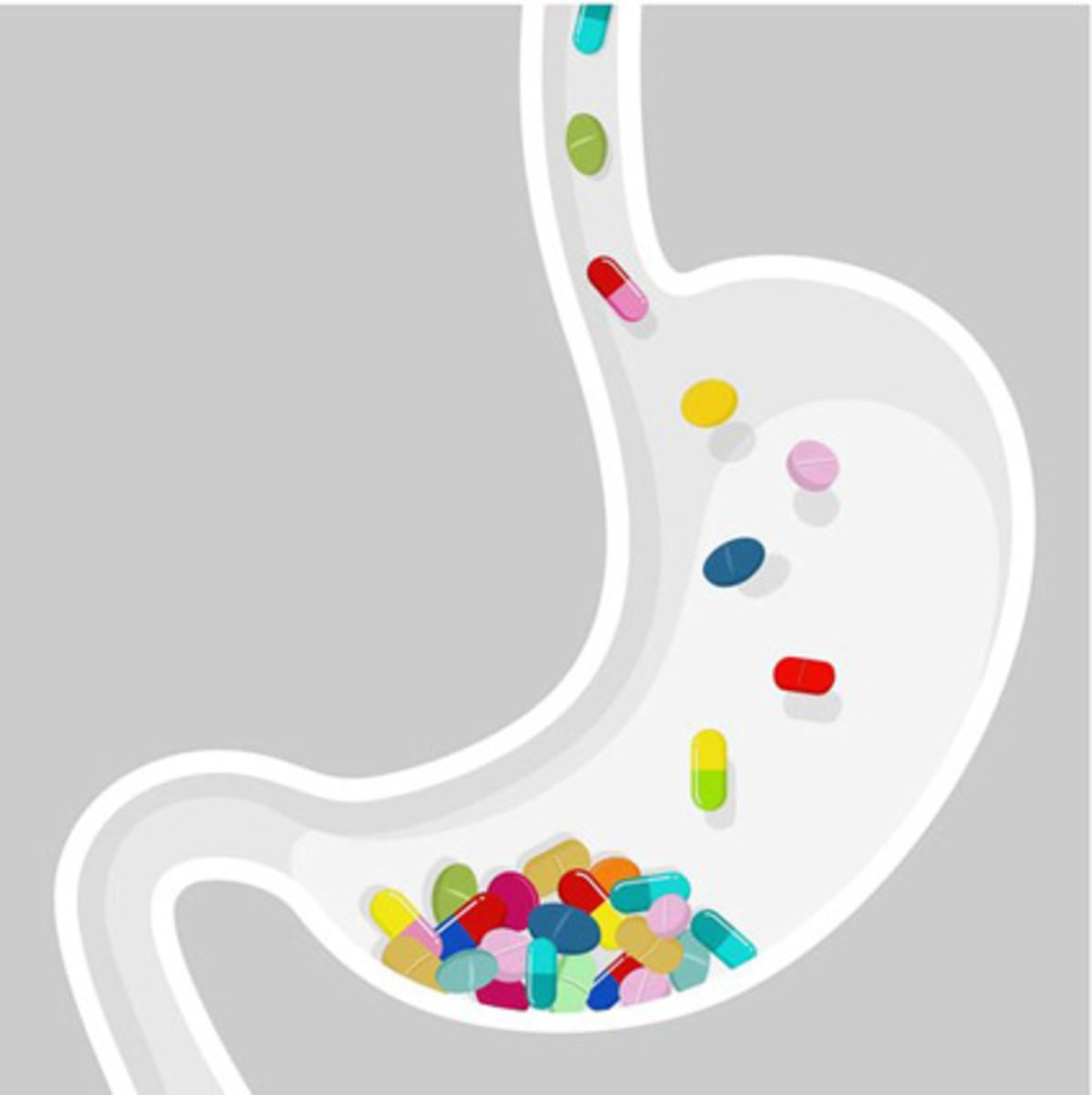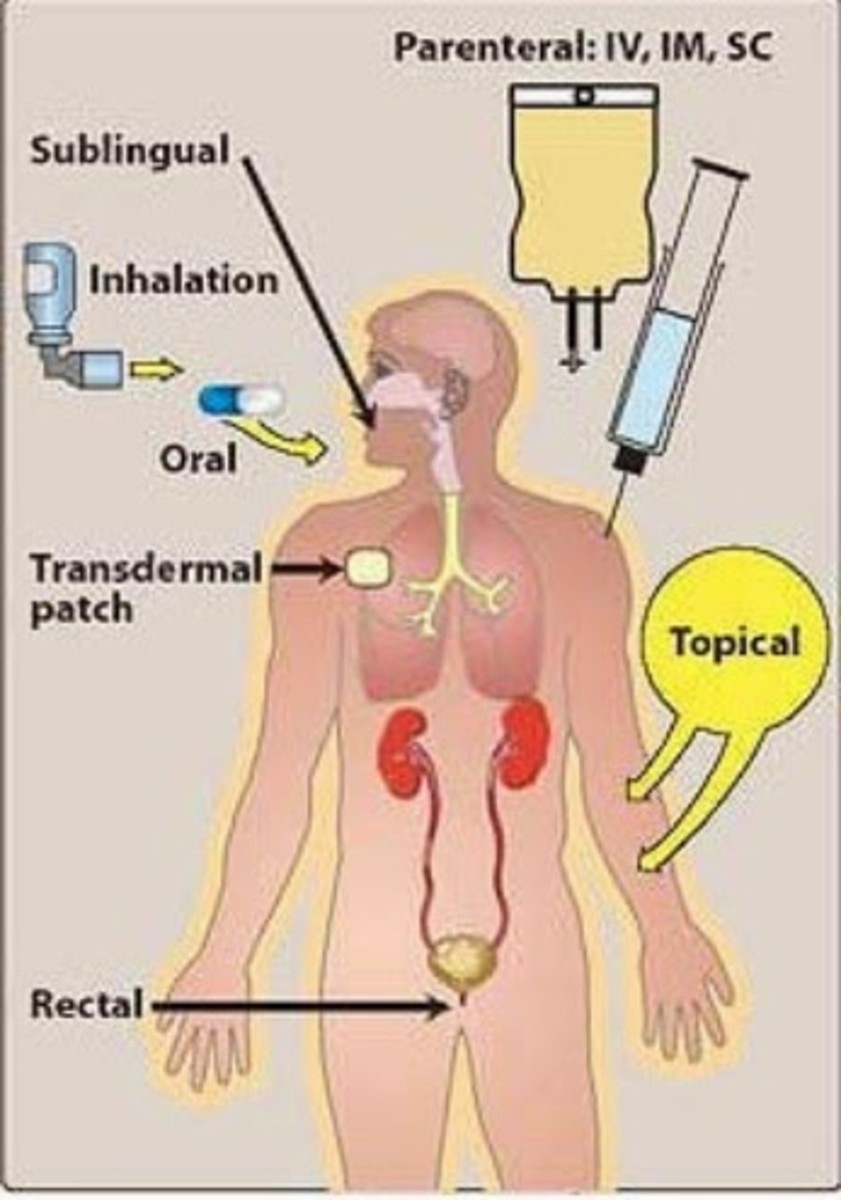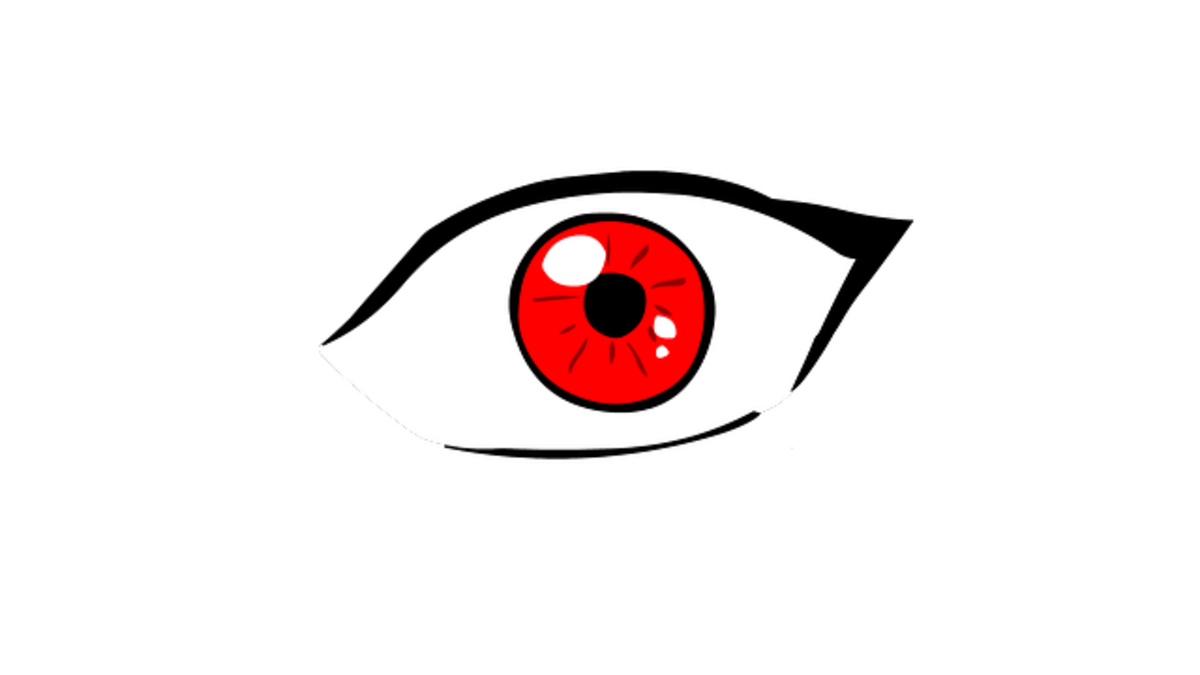Drug Dependence: Psychiatric Significance, Clinical Manifestations And Treatment
Features Of Drug Addiction

Addicted To Taking Pills

A Clinical Overview
Drug dependence is a condition arising in a person from the administration of drug on a periodic or continuous basis. Drug abuse, habituation and addiction are synonymous terms. Dependence on a drug develops as a result of its psychological and physical effects. Accordingly, two types of dependence may develop- psychic and physical.
In psychic dependence, there is a psychological need to perpetuate the administration of the drug in order to get a sense of pleasure and increase well- being or to avoid discomfort. This property is shared by almost all the drugs producing dependence.
In the case of physical dependence, an altered physiological state is produced by the drug. The physical dependence is manifested by the development of withdrawal symptoms when the drug is discontinued, or when its antidote is administered. The withdrawal symptoms disappear when the drug is re-administered. Drugs producing physical dependence are morphine, phenobarbitone, alcohol, etc. These drugs induce neurochemical changes in the central nervous system. Many of the drugs show the phenomenon to tolerance, i.e, the pharmacological effects of the drug progressively diminish on repeated administration. Therefore the dose of the drug has to be increased progressively in order to get the desired effect. Drugs exert a detrimental effect on the individual and also predispose to antisocial behaviour. Common agents producing drug dependence are alcohol, amphetamine derivatives, barbiturates, diazepam, chloral hydrate. Cannabis indica and its preparations and hallucinogenic drugs like mescaline and lysergic acid diethylamide (LSD).
Drug Dependence

Causes, Clinical Presentations And Treatment
Etiology: Three factors are important in the production of dependence, these are the drug, the personality and the environment.
The drug: It produces psychological and physiological alterations instantaneously when it is administered. It may give the psychic feeling of a new experience, a sense of elation, or relief of anxiety and pain. Withdrawal of a drug such as opium which induces physical dependence produces unbearable physical symptoms which are easily relieved by re-administration of the drug.
The personality: Drug dependence may be iatrogenic in normal personality. Neurotic personalities get their anxiety relieved with drugs and may become dependent on the drug. Psychopathy is the prominent cause of drug dependence. Dependence may occur also in psychotics as a result of their pseudophilosophical ideas or depression.
The environment: Accessibility to the drug is an important factor in initiating and perpetuating dependence.
Clinical features: Clinical features depend on the individual drug administered.
Treatment: The principles involved in the treatment of drug dependence are: withdrawal of the drug, medical treatment of the abstinence syndrome (withdrawal syndrome) and correction of the personality factors through psychotherapeutic procedures.
© 2014 Funom Theophilus Makama








